Some moments are unforgettable — the birth of a child, a marriage proposal. Then there are the sadder ones. For Amy Hickman, that was when she learned her young child had cancer.
“You never think you are going to hear your child’s name and the word ‘cancer’ in the same sentence,” Hickman recalled. “It was a crushing diagnosis.”
In December 2019, doctors found that her daughter, Charlotte Hickman, then age 10, had a massive Wilm’s tumor, a type of kidney cancer that is more often seen in children under the age of 5.
In 2021, when the cancer spread to her lungs, Charlotte became one of roughly 100 KP pediatric cancer patients who enroll in a clinical trial annually.
Thanks to the treatment she received as part of the clinical trial, Charlotte is now cancer free.
The importance of pediatric clinical cancer trials
Across the country, pediatric cancer patients are offered enrollment in a clinical trial as part of standard therapy, said Aarati Rao, MD, regional director of Pediatric Clinical Trials. If patients don’t enroll in one, it’s usually because there are none available for their type of cancer.
The most common pediatric cancer trials are for leukemia, lymphoma and solid tumors such as neuroblastoma, Wilm’s, rhabdomyosarcomas, or ones affecting the brain and spine.
Patients are usually offered phase 3 trials, which means a new treatment is being compared to what’s standard, Dr. Rao said.
“It’s proven that the new therapy works, and we are trying to determine if it’s better than what we are doing currently” she said.
And by better, it means it’s more effective in cure or has fewer side effects — or both — than what’s commercially available. In addition to trials for therapies, there are trials examining a tumor’s biology.
“They give us a clue on how the tumor may behave,” Dr. Rao explained. “They also inform a treatment plan.”
If more is known about a tumor’s biology, clinicians can determine which treatments would be the best and tailor therapy accordingly.
“The focus is not to intensify therapy,” Dr. Rao added. “Rather, it’s on tailoring therapy to be optimal with fewer long-term side effects.”
High participation in clinical trials
With sites in Roseville, Oakland and Santa Clara, Kaiser Permanente has offered a pediatric clinical trial program for more than three decades. Clinical trials offer patients access to emerging therapies that may help patients when other therapies are not working as well.
Enrolling in a clinical trial is voluntary, and about 60% of newly diagnosed young KP patients participate.
“We encourage all our eligible patients to enroll in a trial,” Dr. Rao said. “Patients do better, they are cured more often, and we observe that they have better overall health outcomes than those who don’t participate in a trial.”
Charlotte remains cancer-free
Charlotte’s cancer is rare, and treatment usually involves surgery, and chemotherapy. The San Jose 8th grader had both plus radiation but they worked for less than a year. Then the cancer showed up in her lungs.
When offered to join a clinical trial, Charlotte’s family didn’t hesitate. She took part in a phase 2 combination chemotherapy clinical trial, sponsored by the Children’s Oncology Group. (Occasionally, patients are offered phase 2 trials, which tests if a specific cancer responds to a new treatment.) Charlotte’s trial used 5 different chemotherapy drugs in 10 rounds of treatment. Tumors mutate, so a combination of drugs is always used “to trick the tumor into dying,” Dr. Rao said.
Charlotte had her last treatment in February 2022, and so far, no more cancer.
All the KP doctors, nurses and staff were great, supporting Charlotte physically, psychologically, and emotionally, her mom said.
They are also thankful for the trial.
“It saved Charlotte’s life,” Hickman said. “The research from the trial was used to advance science and medicine, ultimately helping other children. We were blessed to have been a part of it. We have been very impressed with our care.”
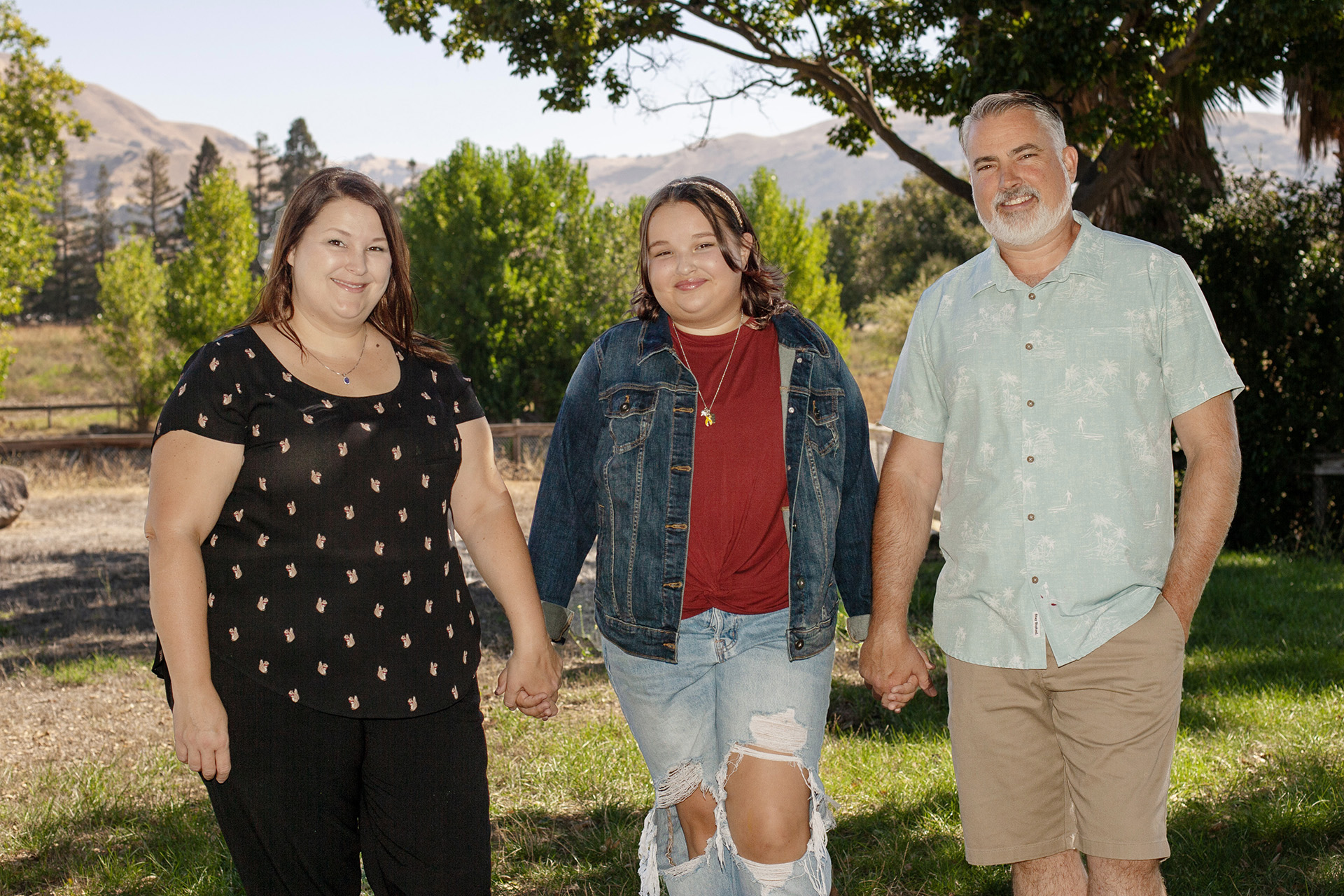
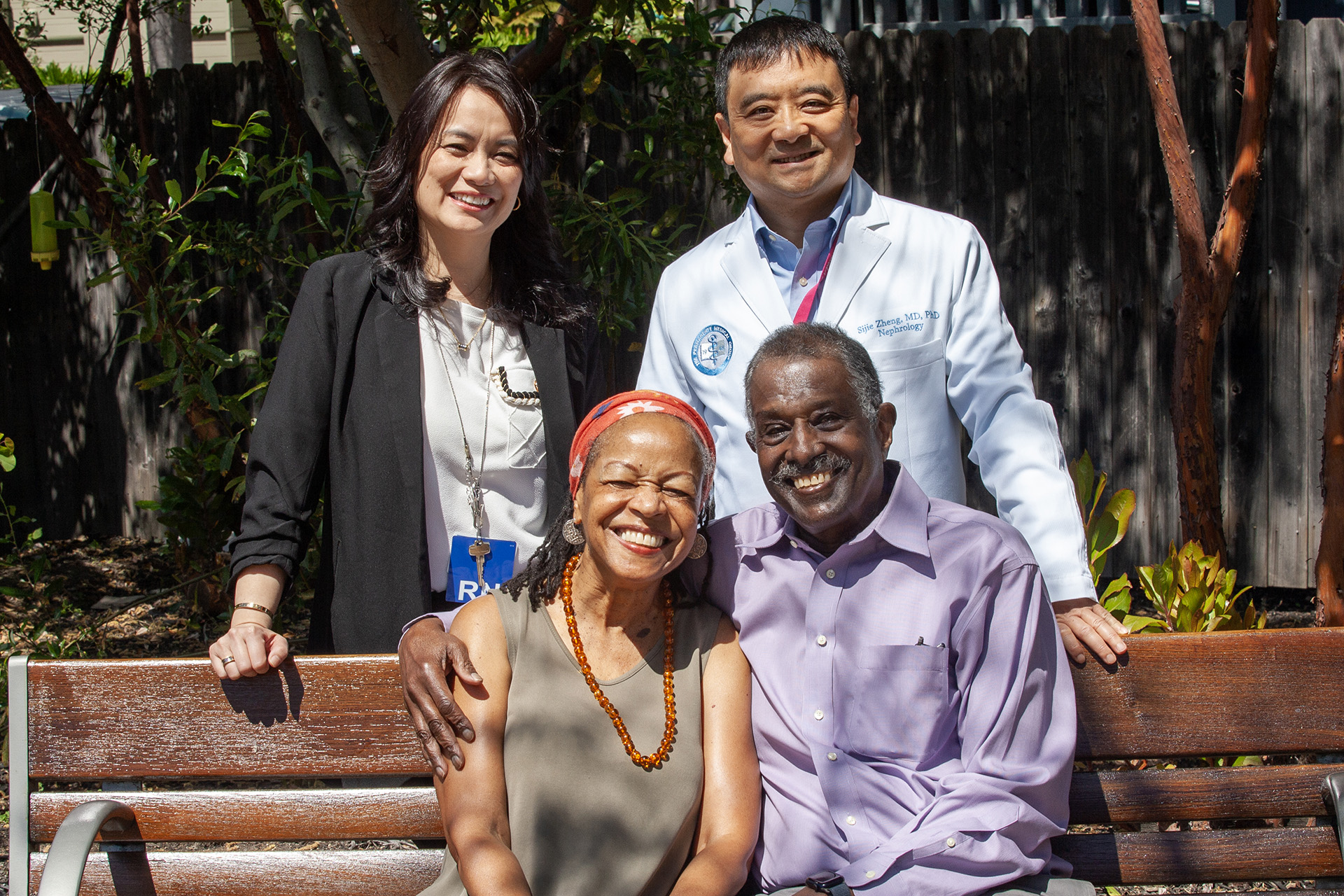
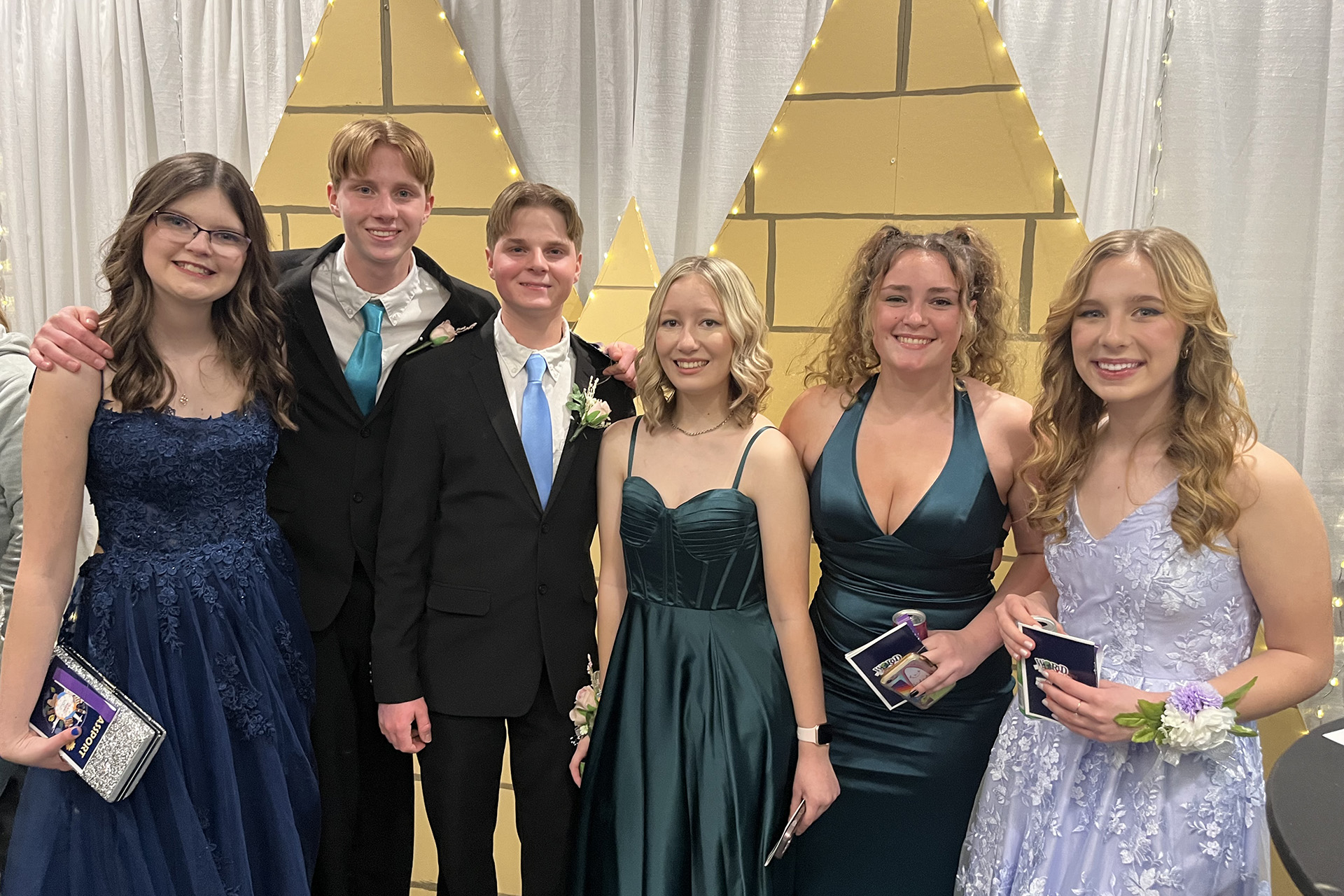
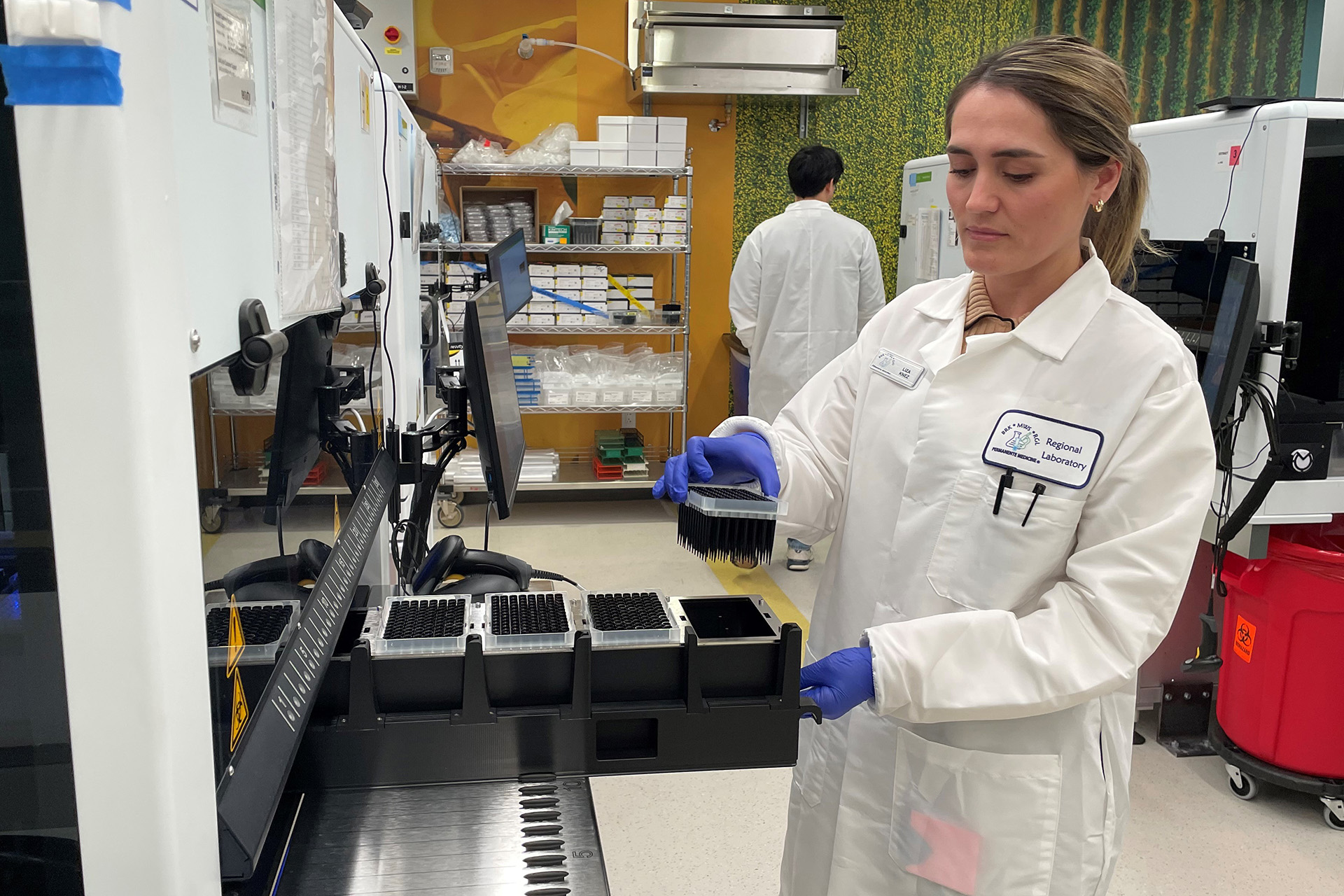
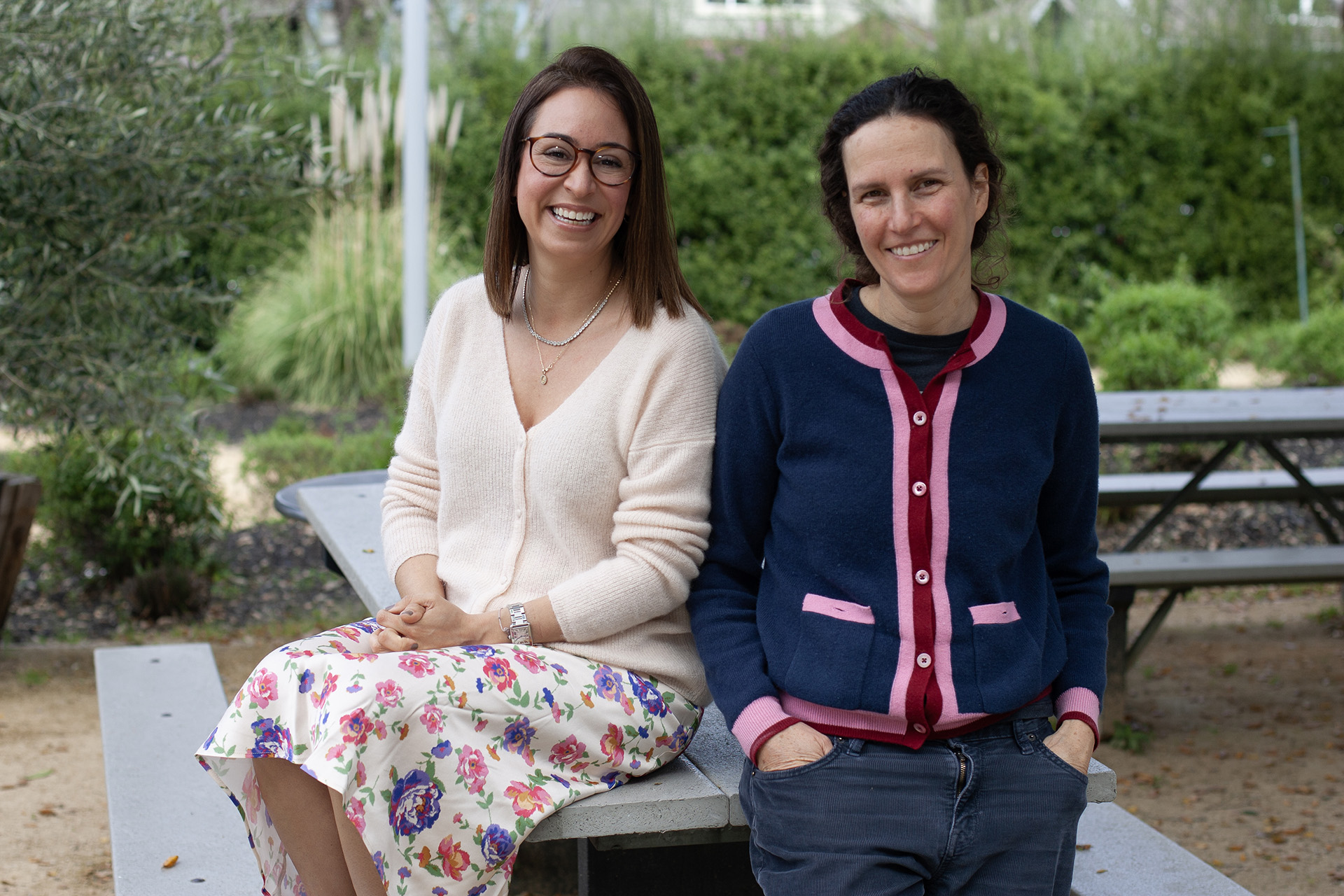
This Post Has 0 Comments